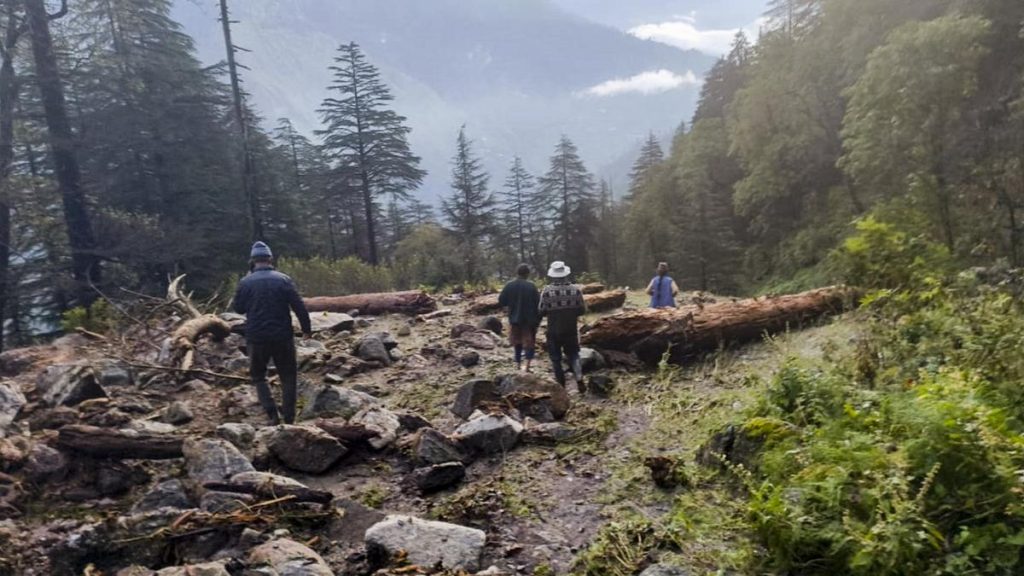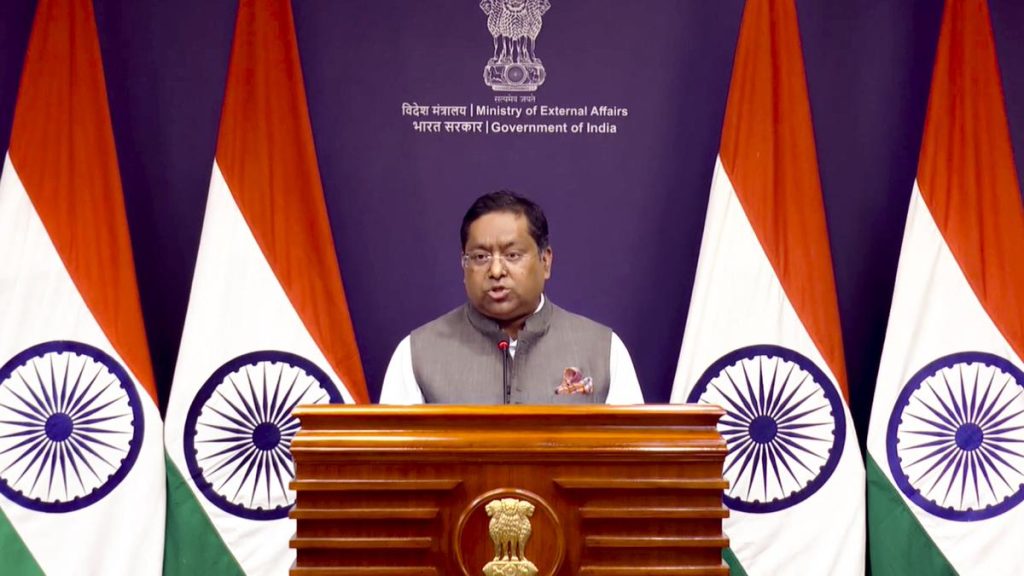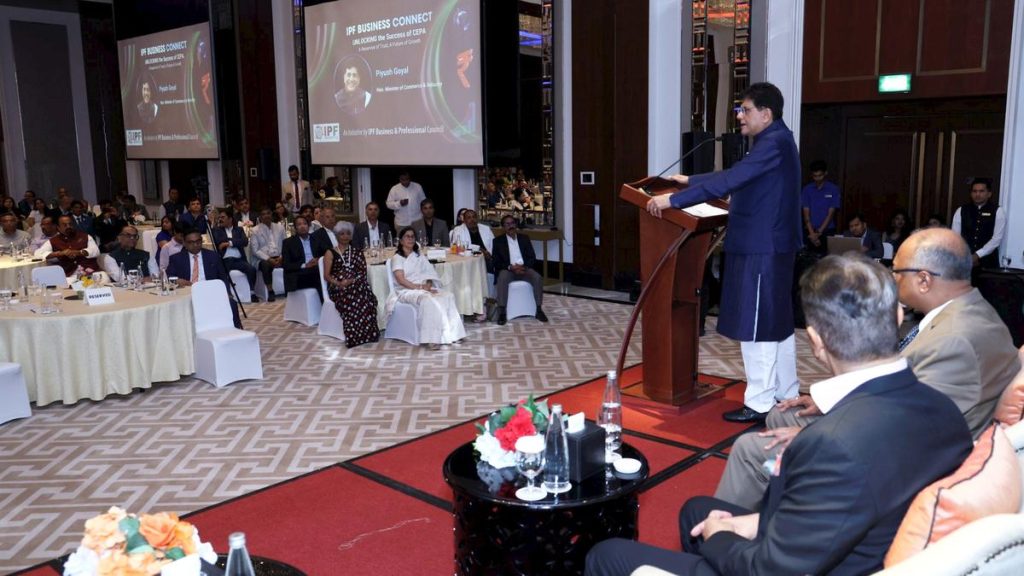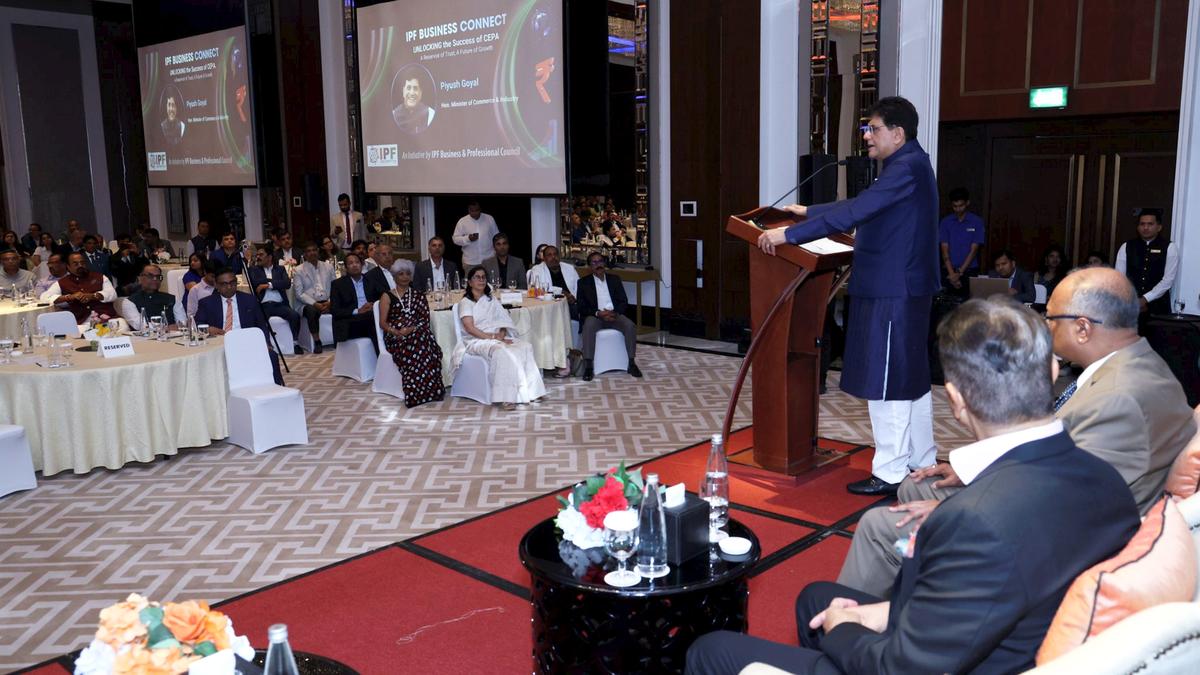Now Reading: Underwater Archaeological Survey Resumes Off Poompuhar Coast After 20 Years
-
01
Underwater Archaeological Survey Resumes Off Poompuhar Coast After 20 Years
Underwater Archaeological Survey Resumes Off Poompuhar Coast After 20 Years
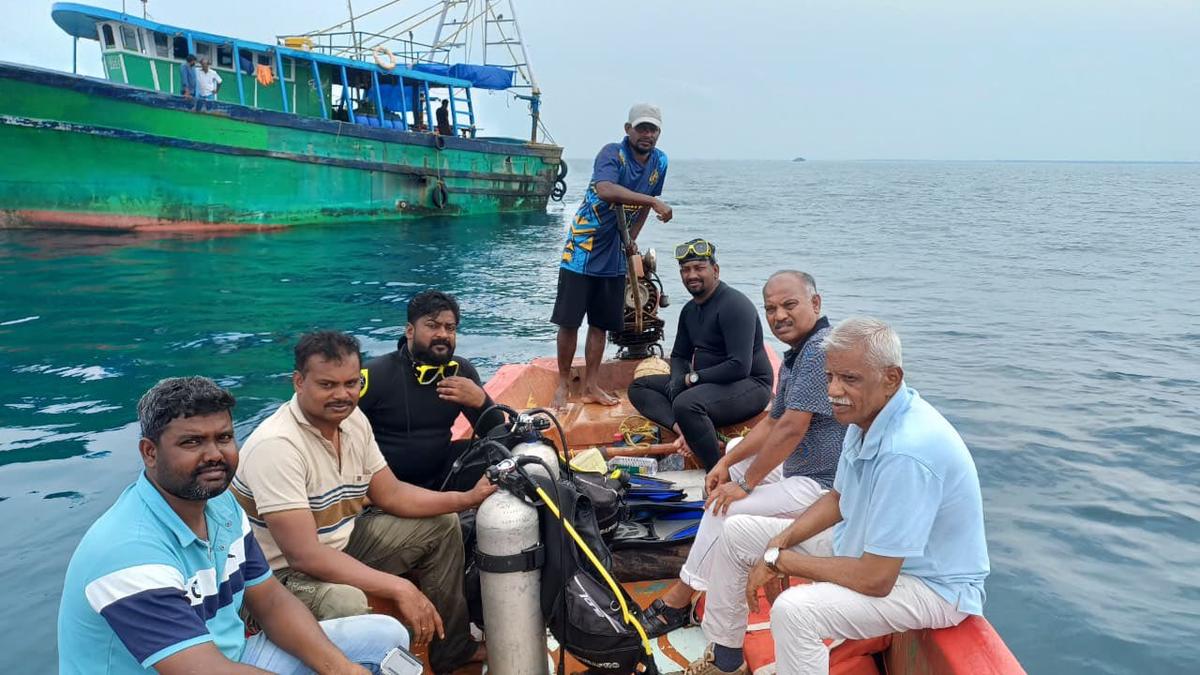
Quick Summary
- Launch of Underwater Explorations: The Tamil Nadu State Department of Archaeology (TNSDA) and the indian Maritime University commenced underwater archaeological explorations off Poompuhar coast on Friday.
- Objective: The initiative aims to study the ancient port city of Poompuhar, historically known as Kaveripoompattinam, and explore its maritime links to Nagapattinam and Southeast Asia.
- recent Budget Declaration: Tamil Nadu Finance Minister Thangam Thennarasu revealed plans for deep-sea excavations during the State Budget 2025-26 presentation.
- Ongoing Survey Techniques: Experts are using tools such as side-scan sonar, echo sounders, underwater remotely operated vehicles (ROVs), and sub-bottom profilers. Final results will require data collation and interpretation.
- Expert Insights: Archaeologist K. Rajan and Joint Director R. sivanantham lead the exploration efforts. it is a well-timed project suitable for east coast conditions this season.
- Statement from Officials: Mr. Thennarasu emphasized rediscovering Sangam-era heritage through advanced exploration technologies under chief Minister M.K.Stalin’s leadership.
Indian Opinion Analysis
This archeological initiative represents a significant effort in uncovering india’s ancient maritime legacy, particularly linked to Tamil history within Sangam-era literature. By combining modern technology with historic inquiry,Tamil Nadu exemplifies how state-backed research can revitalize interest in cultural heritage beyond physical landmarks-extending even to submerged historical sites.
From an academic standpoint, these explorations have potential ramifications for understanding trade systems across medieval Southeast Asia that further highlight India’s historical interconnectivity with neighboring regions. Success may bolster tourism while advancing scholarly inquiries into india’s deep past.
The technological collaboration between governmental departments underlines progress towards interdisciplinary research in archaeology-providing a model that other regions could adopt for studying their submerged urban histories systematically without speculative interpretations over preliminary findings.
Read More: Original Article Here


